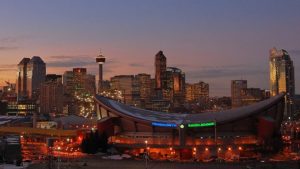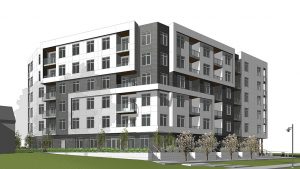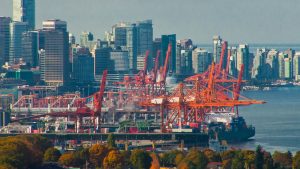VANCOUVER — Vancouver City Council has approved both its $1.5 billion 2019 operating budget along with a $365.8 million capital budget for new projects in the coming year.
Among key amendments was the allocation of $20 million of Empty Homes Tax revenue to address housing supply and affordability for renters and vulnerable citizens, as well as funds from the tax to reduce the cost of permitting, licensing and planning for residents wishing to build secondary or basement suites.
“I am very pleased that this new council was able to come together to approve a budget for 2019, which gives staff the mandate to proceed with action on so many important priorities in our city,” Mayor Kennedy Stewart said in a statement.
“With limited sources of revenue, it’s a real challenge for the city to find ways to address all of the issues that are important to our residents. Over the past several weeks we’ve listened to feedback and made adjustments in this approved budget which reflect what we heard. Now we can all look ahead to 2019 and getting to work building affordable housing, reducing homelessness, tackling the opioid crisis, and supporting small businesses.”
Approximately $5 million from the capital plan will go to building retrofits to reduce carbon emissions, with staff to pursue funding from other levels of government to support retrofitting.
The approval of $5.38 million for improvements to Robson Square has been deferred and will be reallocated to affordable housing. Public recycling stations will be increased by 50 per cent through the reallocation of funds within the Solid Waste Utility.
A property tax increase of 4.5 per cent was approved, with one per cent going to additional investments in infrastructure renewal covered in the 2019-2022 Capital Plan, 1.7 per cent to cover increased costs created by the new provincial Employer Health Tax, and 1.8 per cent going to cover inflationary and wage costs of existing services, along with new investments to maintain and improve services.











Recent Comments
comments for this post are closed